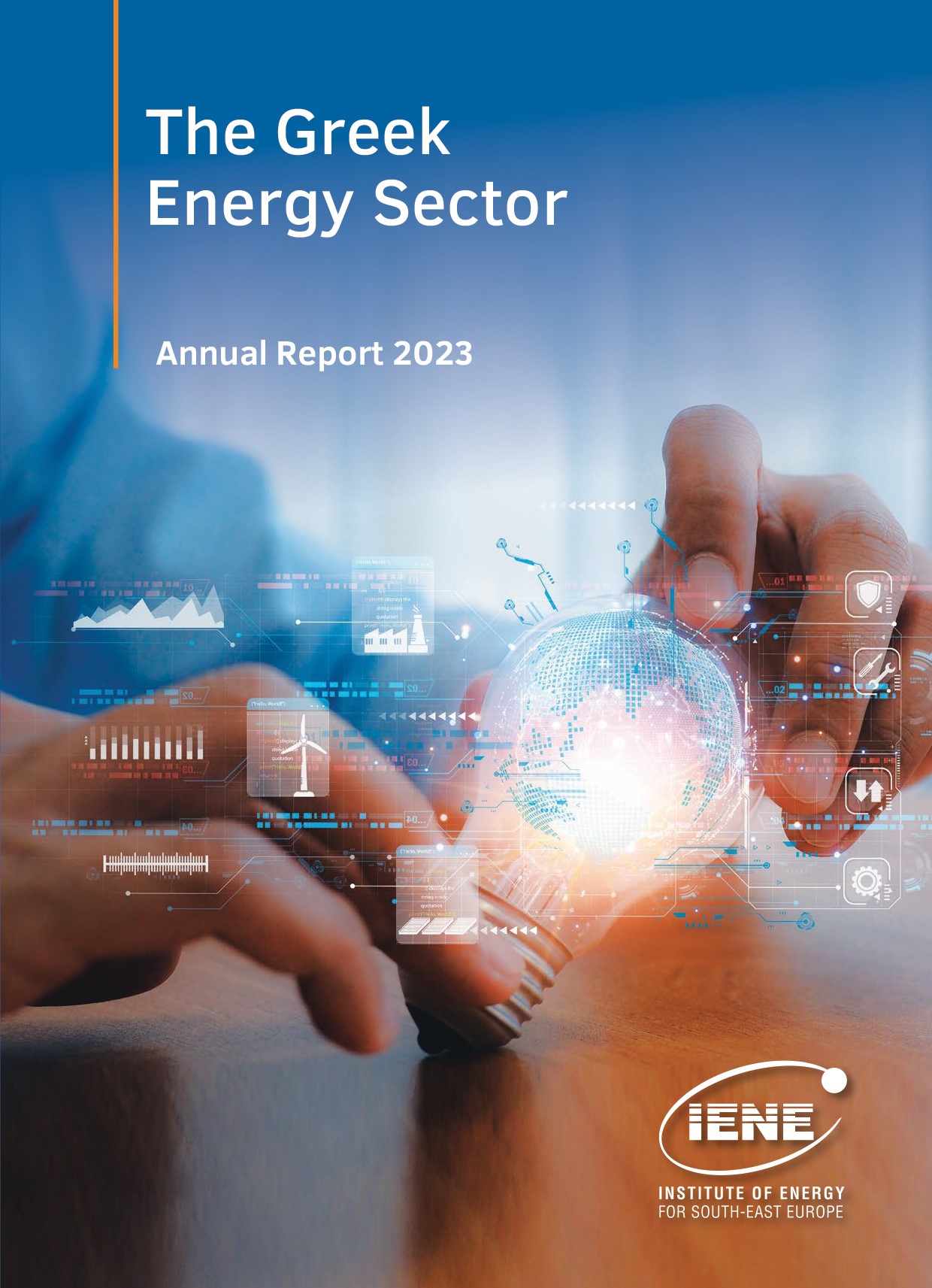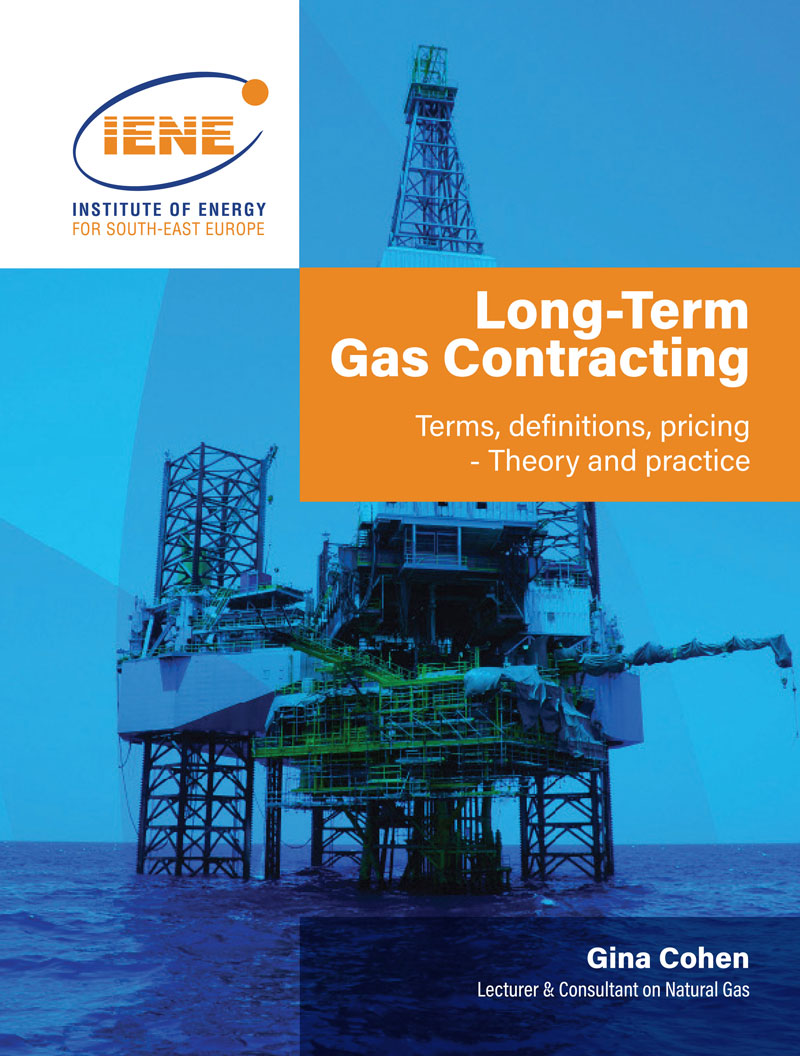April marked the twelfth month in a row where a new global temperature record has been set. May has also broken records: thousands of climate activists all over the world called for an end to fossil fuels during the global "Break Free Week”, write Reinhard Bütikofer and Marjan Minnesma.
In 13 countries across all continents, the most dangerous coal, oil and gas fuel projects were targeted at the same time, symbolising the industry that is already destroying the earth’s climate – and by extension our future.
This transnational movement has a clear goal: to keep fossil fuels in the ground. And the reason is rather easy to understand. If all coal, oil and gas reserves of which we know of today were burnt, more than 2,700 billion tonnes of CO2 will be emitted into the atmosphere.
However, if the rise in global temperature is to be limited to 2 degrees Celsius, only 565 billion tonnes of CO2 can be emitted by 2050. In other words, up to 80% of known fossil fuel reserves need to stay in the ground if we want to avoid catastrophic climate change. Even more if national governments take the Paris Agreement seriously, which states as its goal keeping the rise in global temperature to "well below” 2 degrees, namely, to 1.5 degrees Celsius.
And governments should take it seriously – not least to avoid more court rulings obliging them to be more ambitious with reducing carbon emissions, as happened in the Netherlands.
The fossil fuel industry has to make a choice now. Either to start phasing out of coal, oil and gas and start a transition towards producing renewable energy or to continue with business as usual until they experience a hard landing when they "suddenly” cannot burn or sell their reserves anymore. The latter is already happening to German electricity companies who for decades ignored the fact that nuclear power does not have a future. Now they are paying the price for it. Will the fossil fuel companies make the same mistake?
The signs are clear enough. The global movement that calls for divestment from fossil fuels is gaining an unseen dynamic – and not only during Break Free Week. A countless number of campaigns have called for institutions, universities, banks and municipalities to divest from fossil fuels and withdraw their capital from oil, coal and gas companies.
This movement is successful beyond the fact that capital has actually been withdrawn: a study by the Smith School of Enterprise and Environment at the University of Oxford found that the stigmatisation of fossil fuel companies caused by divestment increases the uncertainty of future earnings for these companies.
It would be in the interest of fossil fuel companies to react to this. In 2015, E.on, one of the "big four” German energy companies already had to announce their biggest loss ever: almost €7 billion. The main reason for this was that they had to drastically correct the value of their coal and gas power plants. If globally agreed climate policies are implemented, studies calculate that these companies will lose up to 40% of their value because they will be unable to burn or sell their reserves.
The Netherlands are particularly vulnerable to this "carbon bubble” as Dutch pension funds have allocated a large share of their investments into high-carbon assets.
More and more investors do already realise both the moral and the financial risks of fossil fuel investments. Right in the middle of Break Free Week, the Bill and Melinda Gates Foundation announced that it would withdraw all its capital from BP, further reducing its investments in major coal, oil and gas companies from $1.4 billion in 2014 to $200 million today.
Before, the Rockefeller family announced its divestment from fossil fuels, as did (partially) banking company JPMorgan Chase. Interestingly, the bank cited not only reasons of corporate responsibility, but stated that it "believes that balancing environmental and human rights issues with financial priorities is fundamental to sound risk management”.
In other words: investments in fossil fuels are seen as a financial risk. And at the same time, investments in renewable energies are becoming more and more profitable.
Thus, an unusual and exciting coalition of climate activists and foresighted investors has arisen. Institutions that have a value of around $3.5 trillion have divested from fossil fuels so far. This is a lot, and yet, the transition is not happening nearly fast enough.
And this is not only endangering the climate, but the financial markets themselves: a study by the European Systemic Risk Board, which advises the ECB, recently stated that the transition has to start very soon in order to avoid a sudden burst of the "carbon bubble” that could actually be a threat to European financial stability.
Avoiding this is a common task of lawmakers and the financial sector. We should not wait for the carbon bubble to burst, which would come with drastic macroeconomic consequences. For this, we need more transparency with CO2 risks being appropriately priced. Further, "carbon stress tests” for financial institutions should be carried out and the European Commission has to show more commitment to the topic of Green Finance.
The Dutch EU presidency finally made a first step toward this by putting the issue of the carbon bubble on the agenda of an informal meeting of the EU finance ministers in April.
The divestment movement has reached institutionalised politics. There’s still a long way to go, but fossil fuel companies should realise that their business model is no longer compatible with international climate policies. The longer they wait, the harder the landing will be.
* Reinhard Bütikofer is co-chair of the European Green Party and Marjan Minnesma is director of Dutch NGO Urgenda.
(euractiv.com, 20 May, 2016)

 by Marjan Minnesma and Reinhard Bütikofer*
by Marjan Minnesma and Reinhard Bütikofer*





 More
More









